As part of a collaboration with our longtime partner organization Christie's Place, The Well Project will be sharing stories from their book "Healing Hope: A woven tapestry of strength and solace" as blog entries on our A Girl Like Me platform. The views and opinions expressed in this project are those of the authors and do not necessarily reflect the views or positions of The Well Project.
**Content Warning** This piece discusses suicidal ideation (resources available at the bottom of this page)
by Alessandra Blásquez
Audio Recording Transcription
Lea este blog en español
Hello. My name is Alessandra Blásquez. I was diagnosed in April of 2004. I wasn't that worried when I learned I was HIV positive because I knew I could be treated. What I didn't know was that medications are very expensive. I thought I wouldn't be able to afford the medicines, but it turned out that some insurance plans would cover medication costs.
The first person I talked to about my diagnosis was my dad. He was really upset because he thought that meant I didn't have long to live. My parents didn't know much about HIV/AIDS. For my dad, my diagnosis landed like a bomb. For me, the transition from male to female seemed much more difficult to manage than my diagnosis because I am aware of different support groups and help to get medication for HIV. So, that's why I wasn't overly affected when I was first diagnosed with HIV.
Even as a young child I knew I was a girl, but I lived in Mexico City, and in Mexico City, the LBGT community gets bullied a lot. So, I had to be something that I wasn't. At school, I was always getting bullied and I had to dress like a boy even though I really didn't want to. One time, my dad saw me dressed up like a girl and I had to make up an excuse for everything because I just didn't know how he would react.
When my dad retired, we moved to Tijuana. My uncle was governor there and he gave my dad a job. In Tijuana, I was waiting for my immigration papers to be able to come out of the closet. But as it turns out, I had to wait about 13 years before I could emigrate to the States. Time went by and I was getting desperate. I wasn't comfortable being a man and I didn't think I could wait there for 13 years and so that's where a lot of the problems started. I had to leave home. I couldn't get a job as a transgender person, so I had to prostitute myself. I didn't want to look for a job as a man. I got to the point where I started using drugs so that I would feel numb to the cold when I went out half-dressed to look sexy enough for men to pick me up.
Then I met a person who works in the LGBTQ Center in San Diego. They convinced me to go back home and live with my parents so that I wouldn't be homeless, exposed to all the dangers on the streets. I saw a lot of people in the streets who ended up in the worst conditions. They'd lost their minds to drugs and were living in awful places. So, I went back home.
My parents took me back and I managed to convince my parents to go to support groups. That's when my dad started accepting me. My mom started having dementia problems. She accepted me one minute and rejected me the next. She didn't want to accept my sexuality. She didn't want to accept that I was a woman and not a man.
I couldn't find a job because I was transgender. I decided to go back to school. When I was studying to be a nurse's assistant, I learned about a program where I could take care of my parents and would get paid by the government. I took care of my parents for 12 years. Unfortunately, they've already passed on. On November 17, 2016, my mother passed away; a year later my dad died, and I lost my job. It was a difficult situation and I started to feel like I was going crazy. I fell into a deep depression.
Ever since I was diagnosed as positive, I've always taken things to Tijuana because it's my way of paying it forward for my HIV treatment. Everything is so expensive there. Whatever I get here in the United States, I take to Tijuana: medicine, food, clothing, and other essentials. On one of my trips to Tijuana, I realized that something was wrong with my car. I decided to take it to a mechanic in Tijuana. As it turned out, the mechanic put drugs in the car. They arrested me at the San Diego border and asked me how I identified. I told them: female. They were going to lock me up, so they asked me if I'd had a sex-change operation. Since I hadn't, they told me that I had to go in with the men. There's no discussing anything with the officers. You lose all your rights.
In my prison cell, I spent all my time praying and sleeping just to be able to stand it in there. Then, I threatened to hang myself because I couldn't take being there anymore. I was sent to a psychiatric hospital. I was in the hospital for two weeks. With one cuff on my foot and another on my hand, I still felt free, because at least, in the hospital they gave me my HIV medicine, and in prison, I never got it. After a while, I was released. The charges were dropped. Despite it all, I was able to remain undetectable and with a very good viral load.
I'm telling my story because I want people to remember me as someone who loved to help people without ever expecting anything in return.
If you or someone you know would like resources or support in relation to the themes above, please see:


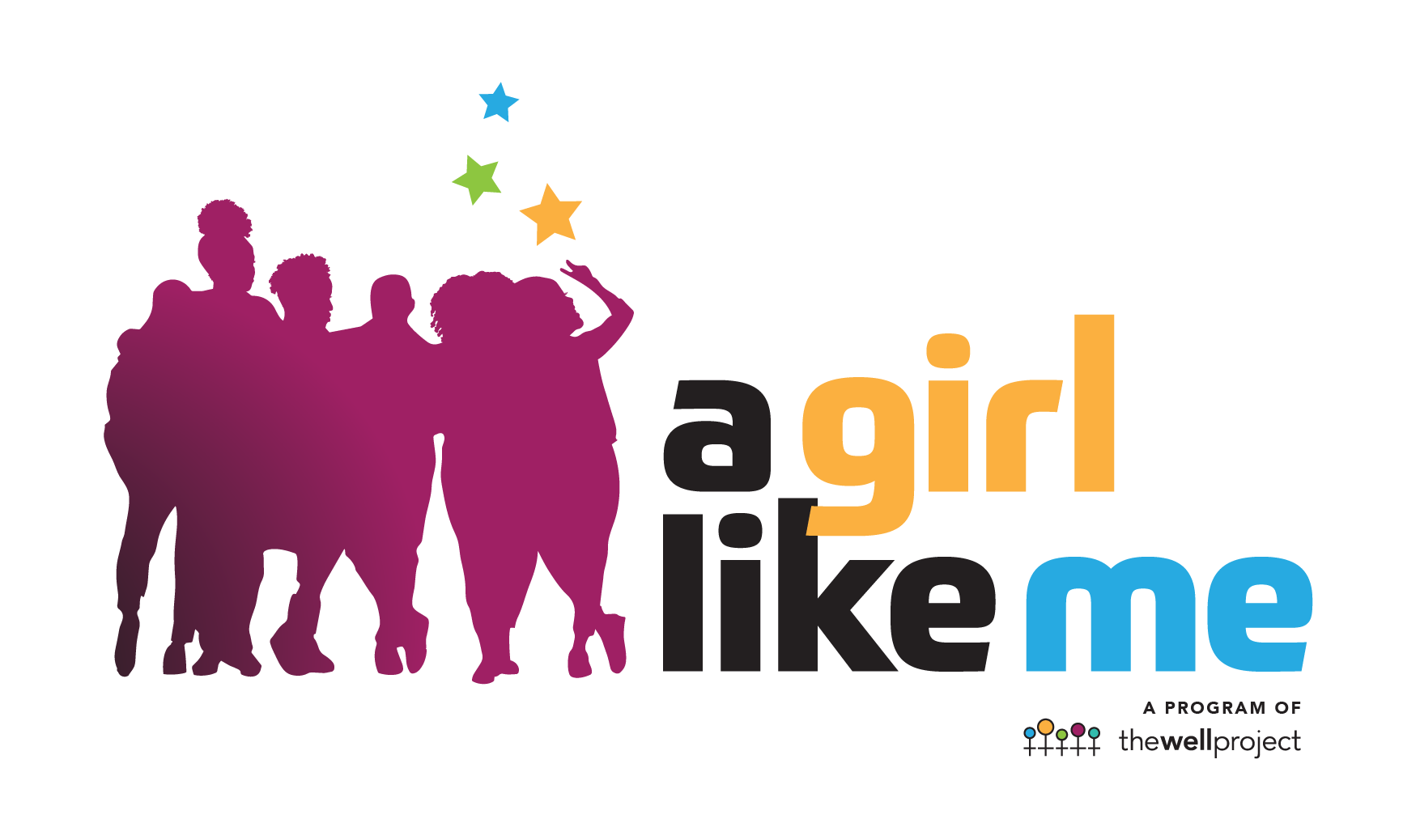
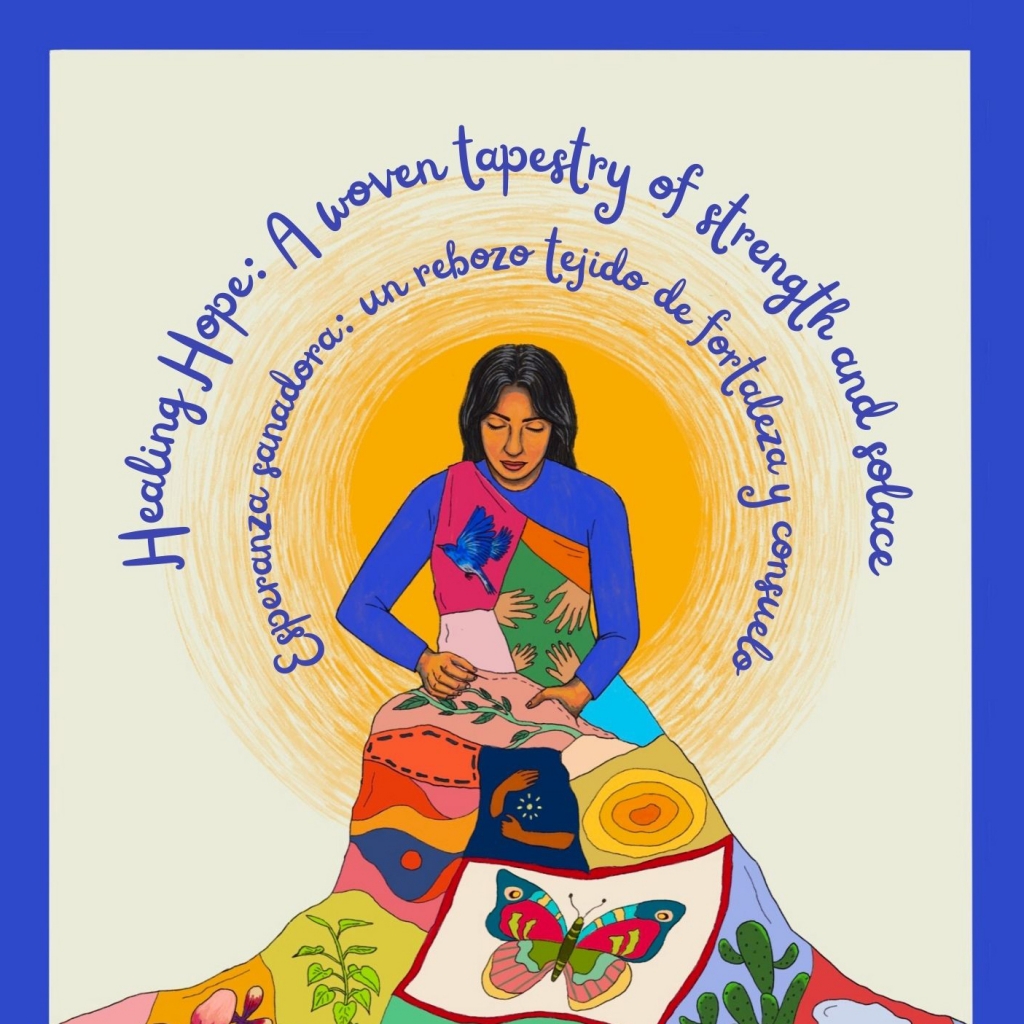
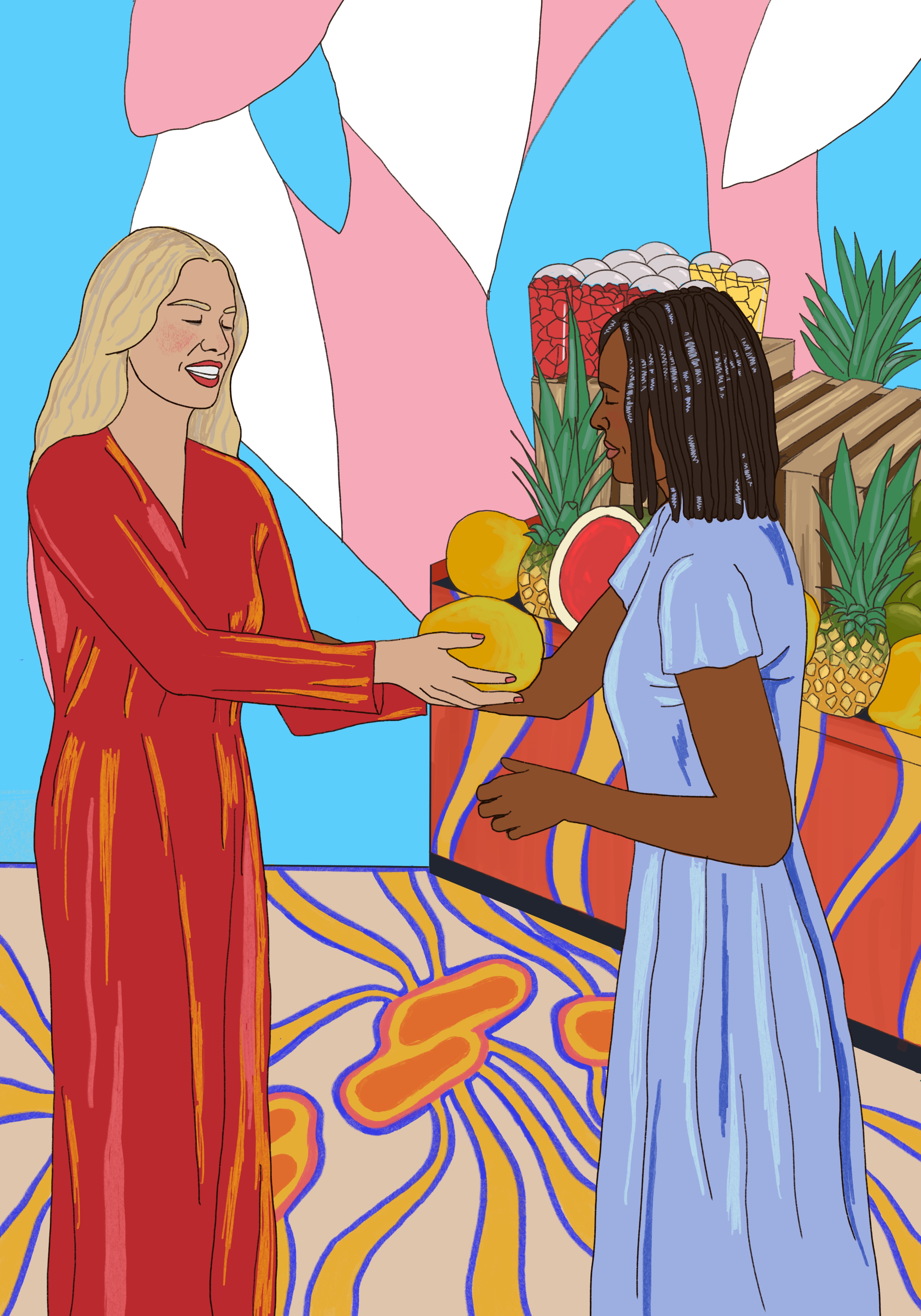


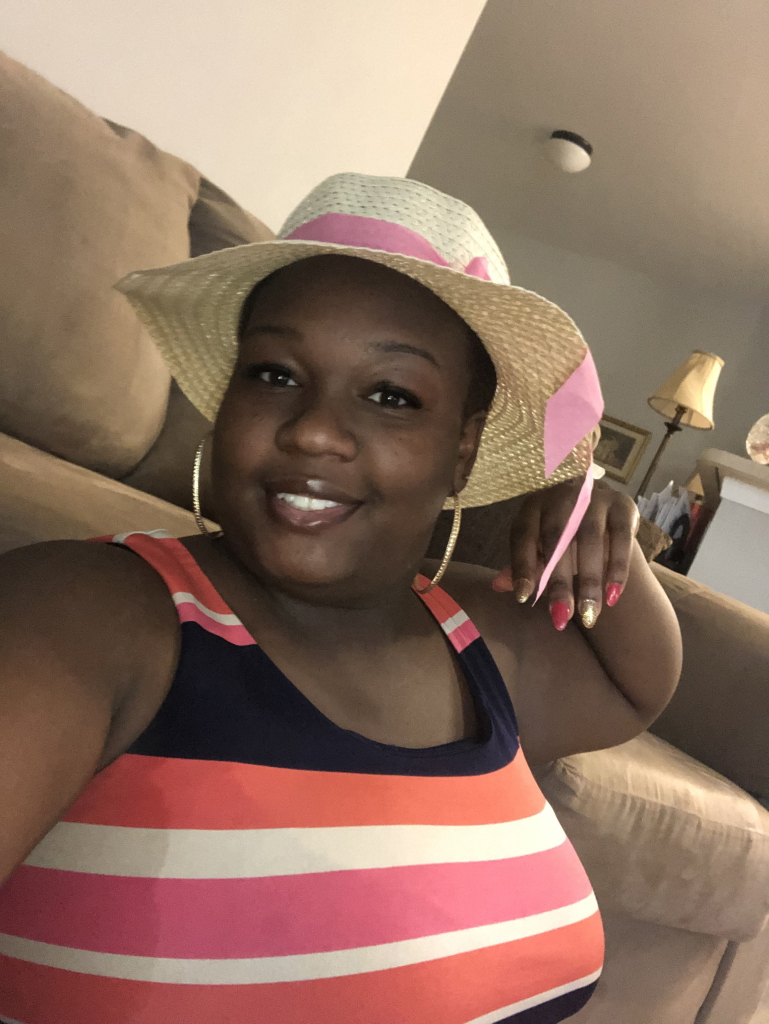

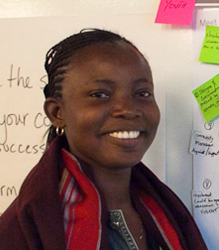




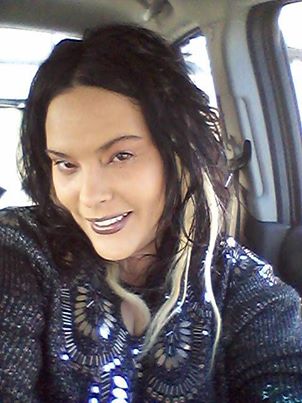
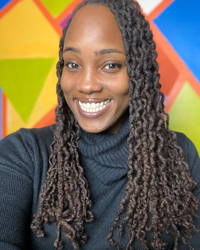

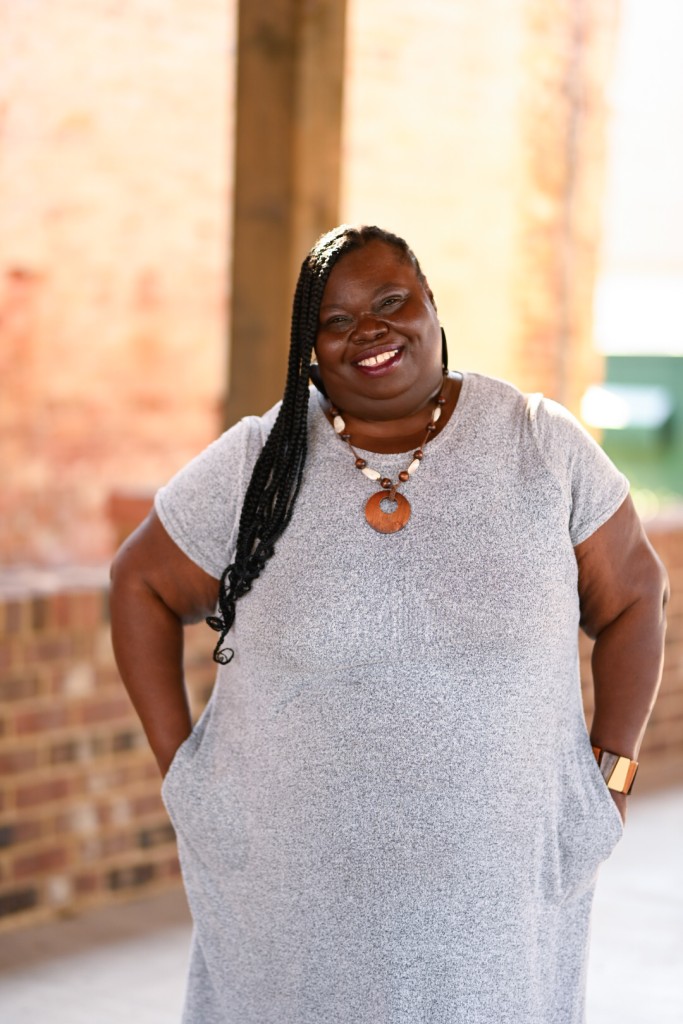

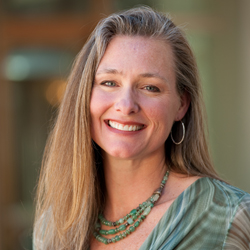



thank you for sharing your
thank you for sharing your experience. Its never an easy thing to share some of our most intimate moments, but they not only make us who we are but allow us to help others. <3 Keep using your voice to make a difference but never forget to take care of you!